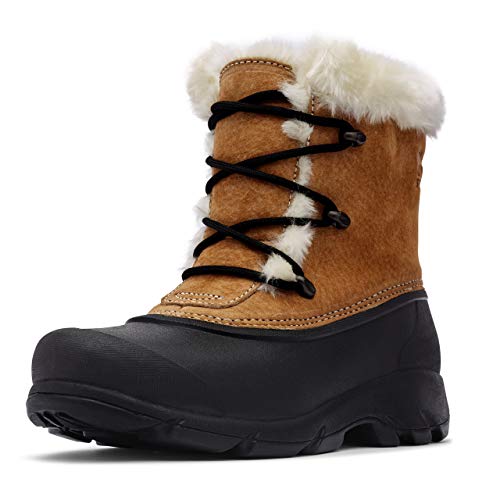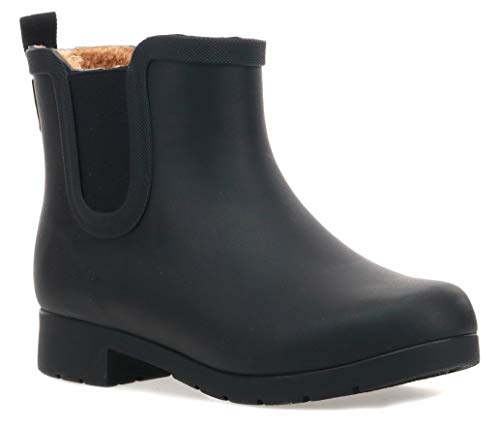| Manufacturer: | Shrox Industria  |

(Contributed - by Chan Stevens)
Brief:

Futuristic design, this single-staged space plane is a nice departure from the
basic modroc designs, and offers a good opportunity for the experienced kit
builder to step outside of the routine and learn to build from basic plans.
Having accumulated a couple of 20+ tube assortments from Red Arrow Hobbies and
stocked up on balsa at my local hobby shop, I decided to have a Shrox party,
building all 10 of the currently available designs published in Apogee's
E-zine.
Construction:
- 24mm nose cone
- BT-50 body tube 11" long
- 18mm motor mount tube (2.75")
- 13-18mm centering ring/engine block
- (2) 18-24mm centering rings
- 2x36 Mylar streamer
- 1/8" launch lug
- Shock cord (combination 1/8 elastic & 90# Kevlar®, 24-36" total length)
- 3/32 balsa/basswood fin stock
- Decal sheet (jpeg file can be downloaded from the E-zine archive)
- Clay nose weight (est. 0.5 oz)
Other than the Rocksim file (RockSim is also available here on EMRR), there are no instructions included in this plan. Construction is fairly straightforward, though, and not too tough a build. I'd rate it a skill 2 overall.
Start with the motor mount assembly, gluing the engine block into the 18mm motor mount tube, and gluing the centering rings near the end of the tube. After the glue dries, the motor mount assembly is glued into the end of the BT50 body tube.
Mark the BT50 body tube for a 3-fin pattern & a 2 fin pattern (180 degrees apart), as there are two wings slightly ahead of the 3 fin set.
The fin pattern can be printed from the full version of Rocksim, or drawn by hand using the dimensions if you only have the demo version. I tacked the balsa fins on with CA, and used wood glue for fillets.
Though clay is not on the E-zine parts list, there is a nose weight in the Rocksim file, and I didn't catch this. USE THE NOSE WEIGHT (see flight notes later). After adding the nose weight, install the recovery system (plans call for a Quest style Kevlar®/elastic combination).
Finishing:
I painted this using 3 coats of white primer, followed by a glossy white
finishing coat on the whole rocket. Following the scheme depicted in the
E-zine, I then masked off the stepped two-tone sections and applied two coats
of blue. I really liked the notched effect, and am going to try this on a few
more rockets rather than using straight/half sections on two-tone schemes.
I printed the decals on Avery clear decal stock using an inkjet printer. They looked pretty good, but water-slide decals will really be worth the effort if you can find a good source.
Construction Rating: 4 out of 5
Flight:
The Rocksim file contains sims using several no-longer-available Apogee motors.
I tried out a few Estes combinations and decided to start with a B6-4. The
flight was in light 8-10mph winds, and the rocket was unstable, dancing around
in every direction but straight up. I recovered everything, and went back to
the Rocksim file to see what might have gone wrong. THAT's when I noticed the
secret nose weight...I added .5 ounces of clay, flew again a couple of weeks
later on another B6-4, and the flight was much better (slight weathercock into
the wind).
Recovery:
After correcting for stability, this is a very nice flyer.
Flight Rating: 4 out of 5
Summary:
Sharp-looking design, and a good plan to start from scratch with. Now that I've
built the Apogee/Shrox newsletter line, I think I'm going to have to move into
clones, as I've got a lot of tubing still in the basement...
Overall Rating: 4 out of 5
Sponsored Ads
 |
 |











